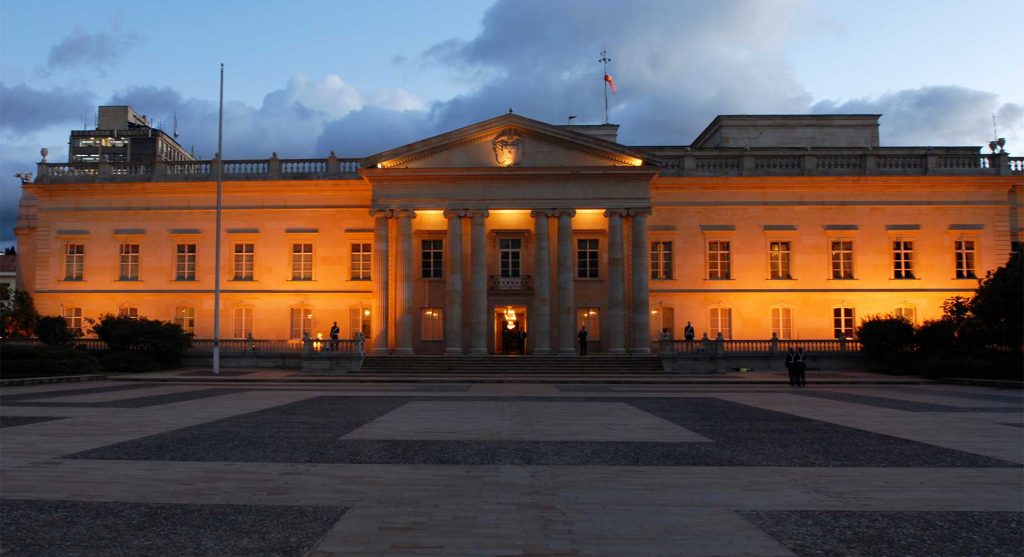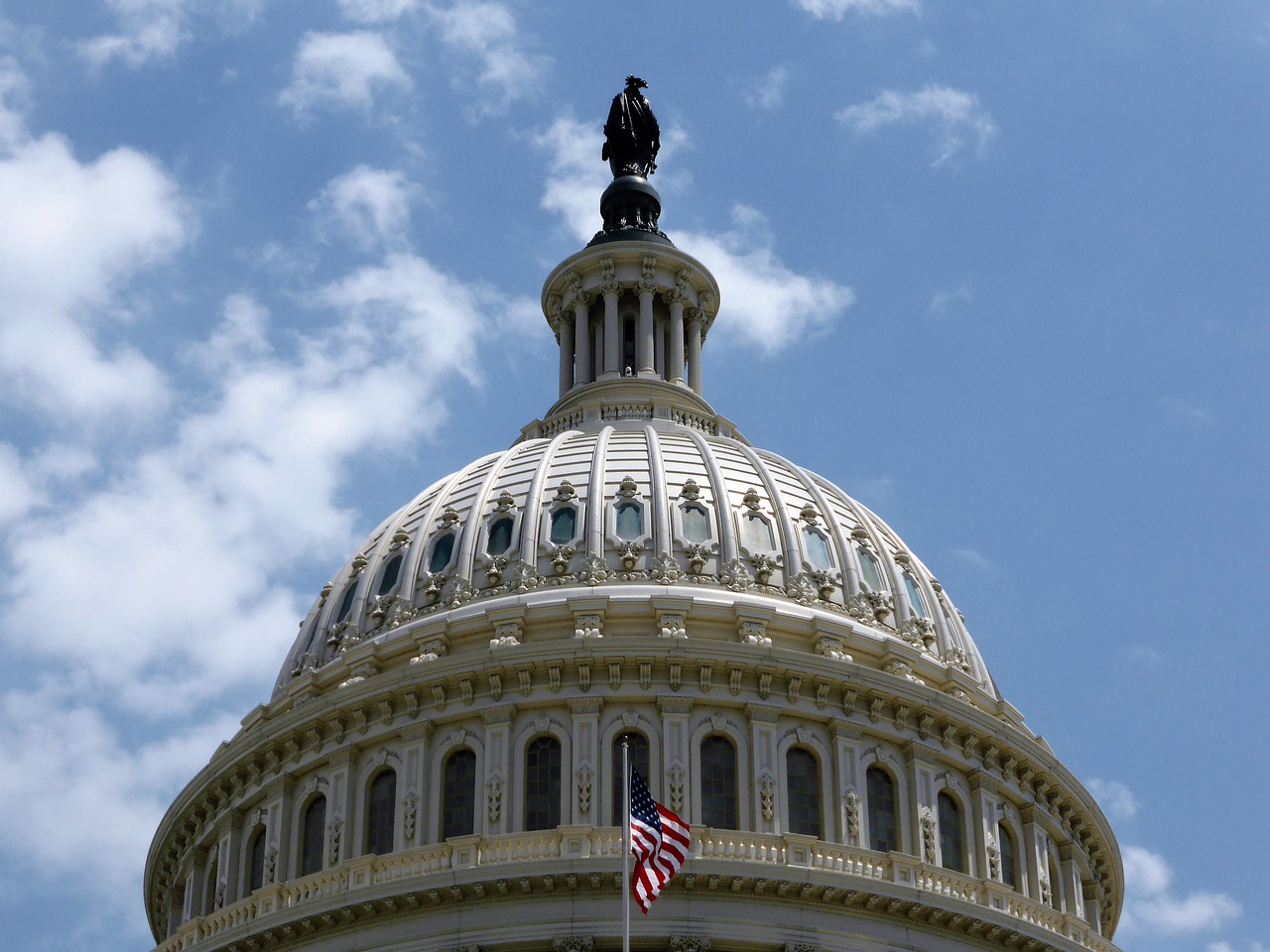Conservatism the Rise in the Americas as Colombia Shifts to the Right in Elections
On Saturday, June 17, former Colombian senator Ivan Duque of the right-wing political party, Democratic Center, will become the South American country’s next president and succeed the current center-left incumbent, Juan Manuel Santos. At 41, Duque will become Colombia’s youngest leader since 1872. He is expected to assume office in August.
Duque, who defeated former leftist guerrilla fighter and Bogota mayor Gustavo by 54% of the popular vote in the second round, promises tax cuts, business deregulation, public spending decreases, and expanding free trade in order to open up investments into the developing country. One of the most significant policy changes he proposed is regarding serious reviews and revisions to the 2016 peace deal between the Colombian government and the leftist FARC guerrilla fighters. These potential changes may include barring ex-FARC group members from serving in the national congress as well as run in elections as a new leftist political part and imposing tougher criminal punishments on individual rebels who have reportedly committed serious charges during the conflict.
Colombia is not the first country throughout the Americas to shift politically to the right. With the recent elections of Mauricio Macri in Argentina and Sebastian Pinera in Chile, as well as the conservative majorities elected into power in countries such as El Salvador and the Canadian province of Ontario, progressive governments in the region are starting to lose power one country or region after another.




